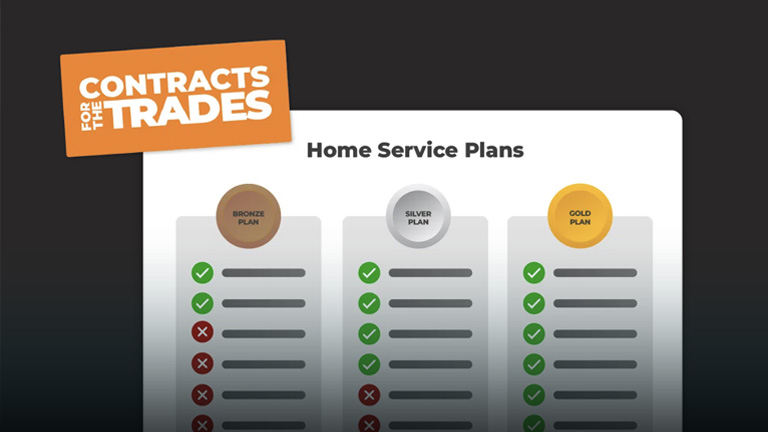Glossary of Sales Terms
When it comes to selling, you’ll often see a lot of jargon, but there are plenty of useful terms and phrases that you do need to know, too!
Whether you’re a seasoned pro, or if you’re here to learn something new, our glossary breaks down the essential sales terms that will help as you work to create your own sales strategy.
You’ll find these words and phrases used through our Ultimate Sales Guide, but you can always refer back to the glossary to give yourself and your teammates a refresher, whenever you need.
Let’s jump in:
Consultative Selling
A selling strategy that focuses on building trust with prospects by tailoring conversations around their needs and then devising solutions to fit.
Conversion
The act of a prospect moving forward in the sales cycle from one specific stage to another. A common example is leads converting into customers.
Key Performance Indicators (KPIs)
Essential metrics used to measure the success of your business strategy. For example, number of jobs per month, profit margins per job, etc.
Lead
This refers to a person who enquires about your services, but hasn’t yet begun the sales process with your team.
Opportunity
An opportunity is a chance for you to win new or returning business from a prospect.
Pipeline
A visual representation of the stages that people move through as they get closer to becoming a customer.
Proposal
A comprehensive document that presents the specific details of work or service that is requested by a potential client.
Prospect
The stage after lead. A potential customer who has entered your Sales Pipeline and will move through your sales process.
Sales Mindset
A sales mindset encourages staff to think more strategically about how they engage with a prospect and how they can help find the right solutions. A sales mindset is not about the hard-sell, being loud or pushy: it’s about positive connections.
Sales Strategy
A sales strategy defines the approach that your business will take in order to try and win work. Your sales strategy plan should clarify the techniques, ideas, actions, and goals that your staff will aim for as they interact with prospects and aim to convert them into customers.
Social Proof
Reviews or testimonials; social proof is evidence given by customers about their experience of your services. Prospective customers will be on the lookout for social proof to help them make buying decisions.
Unique Selling Point (USP)
This is what makes you stand out from your competition. Your USP can help sway customers to your services and it should be clear what puts your business a cut above the rest.
Upsell
To upsell a customer is to convince them to make an additional purchase, or choose a more expensive option, than they initially requested.







